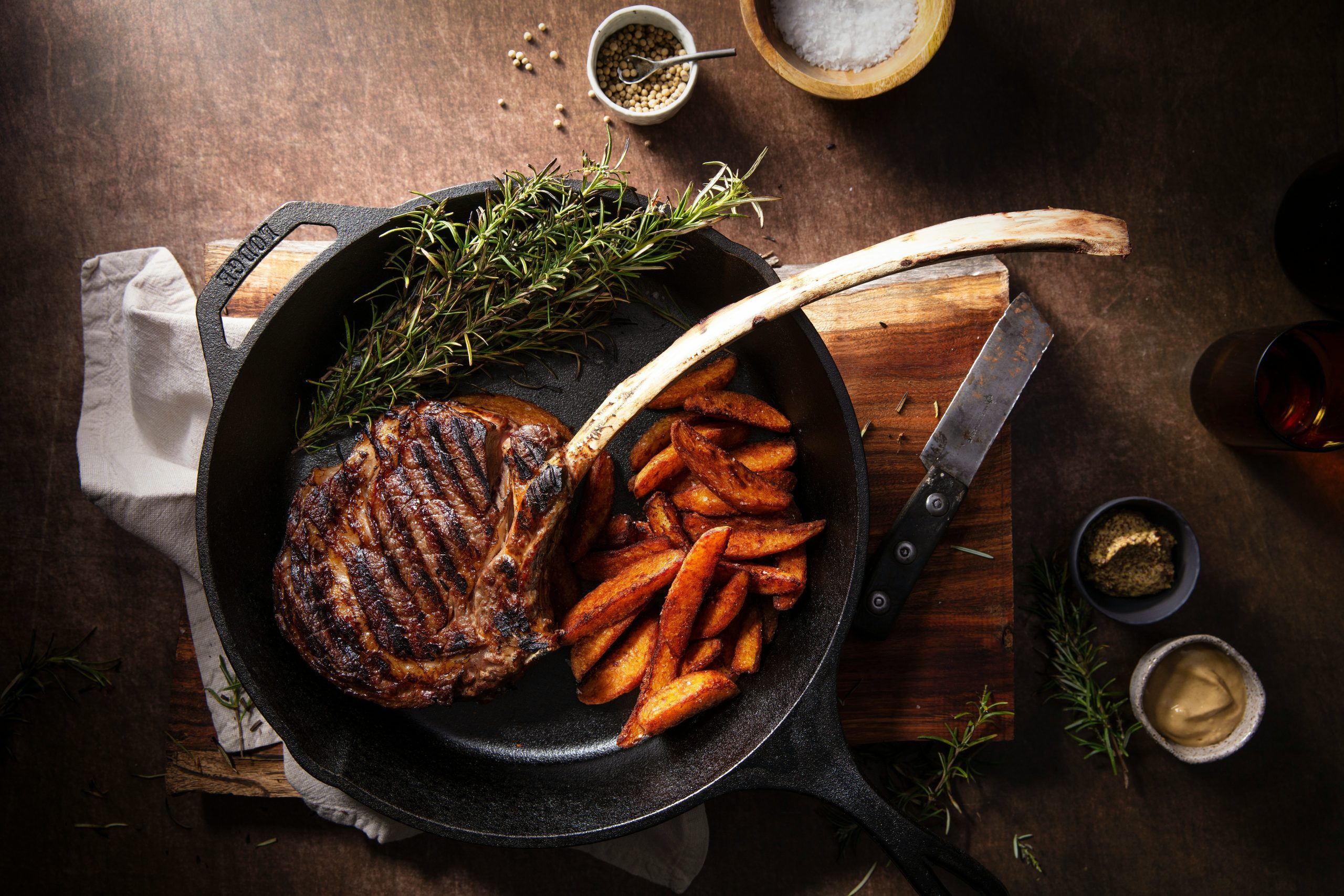Just as you might refresh your wardrobe as you enter into a new decade of life, so too should you make adjustments to your diet. We’re not talking drastic or unrealistic overhauls, rather mindfully filling your plate with foods that will support your body and brain at the stage it’s in. Nutritionist and naturopath Belinda Kirkpatrick, author of Healthy Hormones, explains the best foods for your age.
In your 30s
This decade tends to involve a lot of big life changes. It’s often the time we choose to take on more responsibilities, such as by purchasing a property or taking your career to the next level. As such, it’s imperative your diet supports these changes, feeding you with energy, while helping to keep stress at bay. Foods with particular benefits include turkey – a great source of tryptophan which is a feel-good neurotransmitter; leafy greens – for folate and B-vitamins, which can help to boost energy and calm the nerves; and fermented foods such as yoghurt, sauerkraut, kefir and miso to keep your gut bacteria happy.
If starting a family is the goal, we know that what both men and women consume can impact pregnancy. A study last year showed that when men or women consumed two caffeinated drinks (such as coffee, tea, cola or energy drinks) in the six weeks before pregnancy, the rate of miscarriage was significantly increased.
For pregnancy maintenance and the health of the baby, eat lots of ‘good’ fertility foods, including eggs, salmon, asparagus, brazil nuts, chia seeds, beetroot, broccoli and leafy greens. For men, it’s important to add avocado for good sperm quality and pumpkin seeds to increase testosterone levels and sperm count.
In your 40s
Sunscreen is the number one way to prevent fine lines and wrinkles, but a growing number of studies show that eating certain foods can also have a significant positive impact on your skin.
A study in the American Journal of Clinical Nutrition found that women with a wrinkled appearance had significantly lower intakes of protein than their unwrinkled counterparts. Why? Because when we consume protein, our bodies use the amino acids it contains to make collagen, which is responsible for plump, glowing skin. Include a source of protein with every meal, but think beyond red meat – try to rotate between meat, chicken, fish, eggs, nuts, seeds, hummus, legumes and miso.
Men in their mid-40’s often find weight gain an issue, usually caused by lack of exercise, poor dietary choices and reduced testosterone. Reduced testosterone is caused by a combination of ageing and loss of muscle. Increase testosterone by including regular resistance training and eating foods such as eggs, cabbage, pomegranate, oysters, pumpkin seeds and whey protein.
In your 50s
For women, this decade is usually one of transition as the first signs of menopause that can occur in your 40s (or even 30s), are usually in full swing. While every woman’s menopause experience is different, symptoms can include fatigue, night sweats, hot flashes, insomnia, anxiety, lowered libido, dryness, hair loss, dizziness, brain fog and loss of muscle strength. Increasing phyto-oestrogen foods can help keep hormones in check and these include linseeds, sunflower seeds, chick peas, alfalfa sprouts, hazelnuts, tempeh and miso. Look after your bones by increasing calcium foods such as almonds, chia seeds, unhulled tahini, tinned salmon with the bones, sardines, dried figs and dairy products. Make sure you get your vitamin D levels tested and spend some time in the sun when possible. Enough water is also a must – aim to drink 30ml per kg of body weight every day, and add two cups of cold sage tea to help minimise hot flushes.
Meanwhile, author of The Seasons of A Man’s Life, Dr. Daniel Levinson, believes that for many men, inner struggles occur with renewed intensity in the mid-50’s. Fears around ageing, of becoming irrelevant in work or marriage are normal, and the good news is that piling your plate with proven mood boosters such as oily fish, turkey, leafy greens, oats, bananas, lentils and raw cacao will all help ease anxieties.
And beyond…
Sure, you can’t control your age, but it might surprise you to learn you can work at controlling the ageing process, including mental decline. According to a Harvard study, there are considered to be four steps in maintaining and improving mental skills, even as you age. These include following a healthy diet, getting regular exercise, socialising and challenging your brain with puzzles, reading games or quizzes. When it comes to your diet, try to cut back on alcohol and caffeine. Include mostly fresh unprocessed foods and ensure that each meal contains a source of protein, good fats and something fresh. Consider a fish oil and vitamin B supplement to boost memory and support brain health, too.
[subs]







